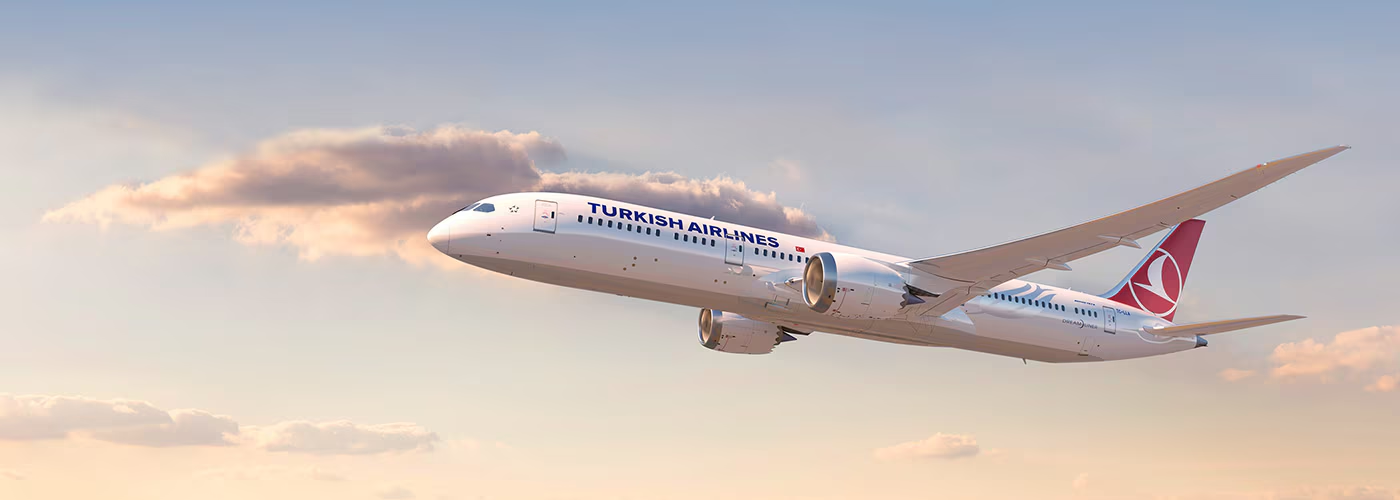Securing the Skies: The Importance of Cybersecurity in Aviation
As technology advances and becomes more integrated into all aspects of our lives, the aviation industry is no exception. Using digital systems and networks in aircraft and other aviation assets has dramatically increased efficiency and safety but has also introduced a new set of risks. Cybersecurity has become a critical concern for the aviation industry as aircraft, and other aviation assets are increasingly vulnerable to cyberattacks.

Areas of concern
One of the main areas of concern in aviation cybersecurity is the protection of flight data and other sensitive information. Flight data records (FDRs) and flight operational quality assurance (FOQA) systems are used to track and analyze flight performance metrics, such as fuel consumption, engine performance, and navigation data. These systems are a valuable source of information for improving aircraft performance and identifying areas for improvement. However, if this data is compromised, it could be used by malicious actors to gain unauthorized access to aircraft systems or to disrupt flight operations.

Another area of concern is the potential for cyberattacks on aircraft systems, such as the avionics systems that control navigation, communication, and other critical functions. These systems are becoming increasingly connected, which makes them vulnerable to cyberattacks that could disrupt or even take control of aircraft operations. A cyberattack on an aircraft’s avionics systems could have disastrous consequences. Such as putting the lives of passengers and crew at risk.
Cybersecurity Measures
To protect against these risks, the aviation industry has begun implementing cybersecurity measures to protect aircraft and other assets from cyberattacks. These measures include implementing secure networks, encrypting sensitive data, and monitoring systems for signs of compromise.
Additionally, the industry has established standards and guidelines for cybersecurity such as the Federal Aviation Administration’s (FAA) Cybersecurity Management System(CSMS) for aircraft systems and the International Air Transport Association’s (IATA) Information Security Management System (ISMS) for airlines.

Culture of Security and Awareness
In addition to implementing technical measures, it is important for the aviation industry to maintain a culture of security and awareness among its employees. This includes educating employees on the importance of cybersecurity and how to identify and report potential security threats.

Overall, cybersecurity is a critical concern for the aviation industry, as aircraft and other aviation assets are increasingly vulnerable to cyberattacks. Industry must remain vigilant in protecting flight data and other sensitive information, and in protecting aircraft systems from cyber threats. By implementing strong cybersecurity measures and maintaining a culture of security and awareness the aviation industry can ensure the safety and security of flight operations and the protection of passengers and crew.
You might also like:
- COFFIN CORNER- When the aircraft’s stall speed meets the critical Mach number
- A Dead Body Was Found on A Jet2 Flight Plane Toilets
- Airbus Patents Folding Airplane Seats for Increased Flexibility and Cargo Space
- What Do We Know About COMAC C919 So Far?
- Jet Engines: How They Work and Power Modern Aviation?
Discover more from Aviation for Aviators
Subscribe to get the latest posts sent to your email.














Post Comment